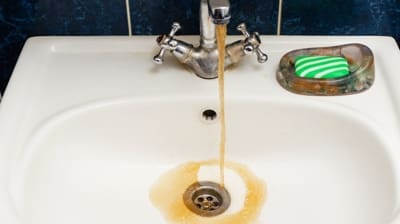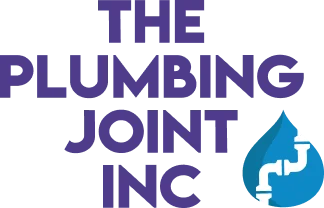the East Side & Beyond!
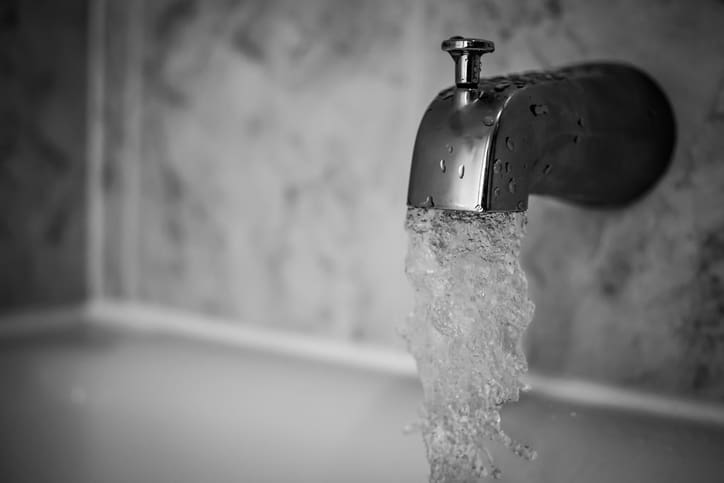
10 Most Common Household Plumbing Questions
June 16, 2017
We’ve all been there. The shower drain backs up, the disposal sounds like a matchbox car has been dropped down it, or your water heater is making unnatural and disturbing sounds. We hear you…that’s why we’ve decided to answer the top 10 most commonly asked household plumbing questions!
- What Should NOT Go Down My Garbage Disposal
- Why Does My Drain Get Clogged?
- Why Does My Toilet Keep Running
- Why Do We Run Out Of Hot Water So Quickly
- What Is That Annoying White Residue Around My Water Faucets?
- Is There Really A Difference Between Hard And Soft Water
- Why The Sudden Increase In My Water Bill?
- What Do I Do With A Major Water Leak?
- Is It OK To Use Chemical Drain Cleaners?
- Why Is Our Water Heater Talking To Us?
What Should NOT Go Down The Disposal – We’ve all had those moments when the water starts to back up as our disposal is busy whirring away. The first fleeting, panic-ridden thought might be about the potential mess or it could be visions of dollar bills flying out the window! While disposals are not always cheap to replace…they ARE easy to manage as long as you resist the temptation of grinding up the ‘ungrindable’:
- Bones – Pretty clear. They are hard. The noise itself should give away the
obvious. - Celery – Too fibrous…same with corn husks. Metamucil won’t be great
either. - Coffee Grounds – They don’t wash down as easy as you think – they much prefer
to make a semi-permanent sludgy mess and build up over time. - Egg Shells – While the shells themselves may actually sharpen your blades, the
lining or membrane of the eggshell can wrap around the blade creating a show-stopping mess! - Fruit Pits – If you can’t cut through them with a knife using all your strength, your disposal blades won’t either – no matter how Rambo you think they are.
- Grease – Your disposal will survive the onslaught of grease…your pipes? Not so much.
- Pasta/Rice –Mushy right? Well unfortunately while they can be easy to cut
through, they swell; even after cooking them fully. These will clog up your drain like nobody’s business. - Potato Peels – A few seem innocent enough but they stick to the sides of your
Disposal/pipes and last a lot longer than you think. Not a good combo.
Why Does My Drain Get Clogged – Drains can be a fickle bunch. Oil residue along with certain heavy shampoos/conditioners/soaps can wreak havoc on a drain and when you add a glob of “Cousin It” hair to it; you’ve created the perfect storm. If it’s your kitchen sink that’s causing the problem…read above.
Why Does My Toilet Keep Running? – My 8 year old would say, “Because it’s waiting for someone to catch it!” (Ba-Dump-Ch) But most of the time it’s because the flap isn’t sealing correctly. If it’s not sealing then the tank will never fill up quite enough leaving the water trickling and your sanity waning.
Why Do We Run Out Of Hot Water So Quickly: Do you have teenagers? If yes, that’s why. If not, it could be that you have an electric water heater, which contains two heating elements, one at the top and one at the bottom. Either one or both of which can stop working at any time. If that happens you’ll only have a short stint of hot water or sadly, none at all. Another issue could be with the “reset button”. There is a reset button at the bottom of most water heaters and if it’s been tripped in some way and resetting it doesn’t help, there is likely a bigger issue going on.
What Is That Annoying White Residue Around My Water Faucets? – When you live in a town that has hard water, you likely have mineral deposits in areas where the water has evaporated – around your faucets, in your water dispensing refrigerator tray, etc. If they bother you, you can soak the affected areas in vinegar overnight and have your teenagers gently scrub off in the morning. If you are incredibly annoyed by this predicament you can certainly call us to discuss some soft water systems that can be installed bringing your home back into utter shiny harmony.
Is There Really A Difference Between Hard & Soft Water? – Yes, there really is. Hard water contains a good amount of dissolved minerals like calcium and magnesium where soft water is generally treated so that the only ion is sodium. Rainwater starts out as soft water but as it travels into our water sources it picks up minerals. The crisp, clean flavor of hard water is often preferred over the saltier soft water. However hard water does have some negative effects in the household, which is why people often choose to treat their water via a soft water system.
Why The Sudden Increase In My Water Bill? – Well, if there isn’t a recognizable increase in the water consumption at your home such as swimming pool maintenance, lawn care, more people in the home, etc; you could have a few different underlying issues. The most common cause is a leaky faucet/toilet, which can often waste between 20 and 200 gallons of water per day. A less obvious problem could be an underground pipe with a leak or a root puncturing the service line between your home and your water meter.
What Do I Do With A Major Water Leak: The first thing you’ll want to do is turn the water off. Do you know where the main water valve is in your home? If not, seek it out; it’s not something you want to be searching for while your basement is flooding. Depending on the severity of the leak, you may also want to turn off your electricity and natural gas for safety. You’ll then want to call The Plumbing Joint and start removing undamaged valuables as safely as possible. While you are waiting for us to arrive, call your home insurance company to get a claim initiated. Your insurance agent should immediately help get you in touch with a water restoration service but if not, there are a few options such as ServePro or ServiceMaster.
Is It OK To Use Chemical Drain Cleaners: Yes…and no. The chemical drain cleaners available will indeed clean your drain by dissolving the clog but they can (and often do) cause damage to the pipes in the process. Plastic pipes will soften and older, corroded pipes will lose their life a lot faster. Your best option is to use a DIY or biological drain solution like plain boiling water, baking soda with lemon juice, or a salt/borax/vinegar combination.
Why Is Our Water Heater Talking To Us? Whether it’s hammering, rumbling, roaring or knocking, the noises that come from a water heater can be worrisome, not to mention annoying! Often times, however, it’s really nothing to worry about. Most likely, it’s caused by trapped sediment and water at the bottom of the tank. When the burner flips on, it heats that trapped water which then boils and eventually POPS as it blows through the sediment build up. Your best option is to drain and flush your water heater or give us a call and we’d be happy to help you out.
Recent News
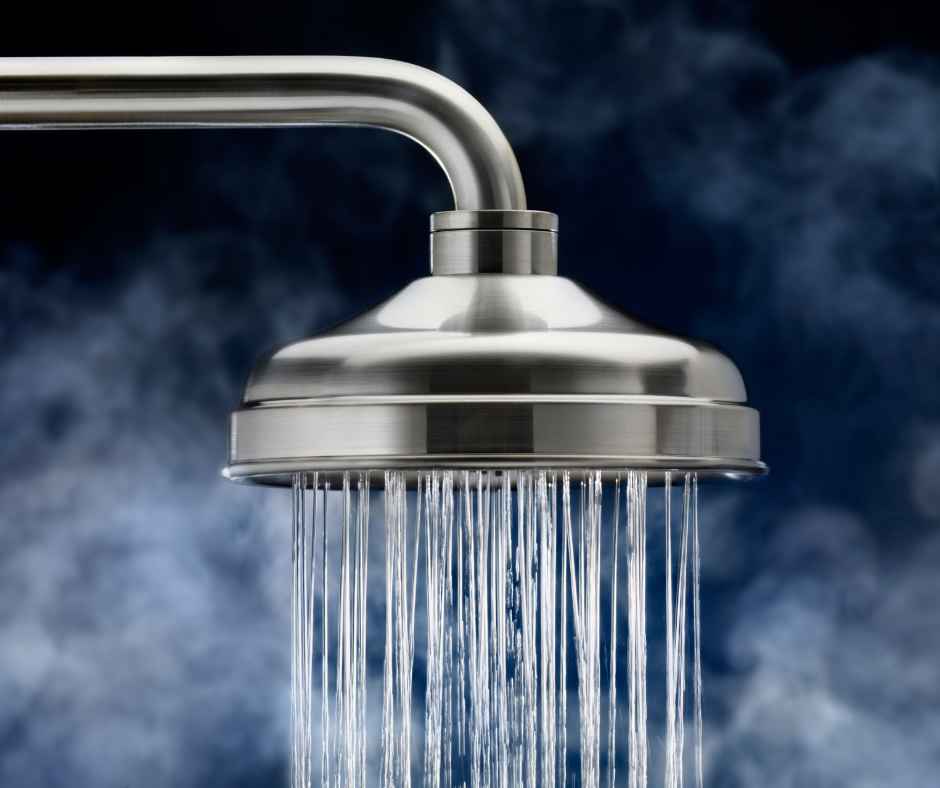
Why Does My Shower Head Leak?
June 13, 2024
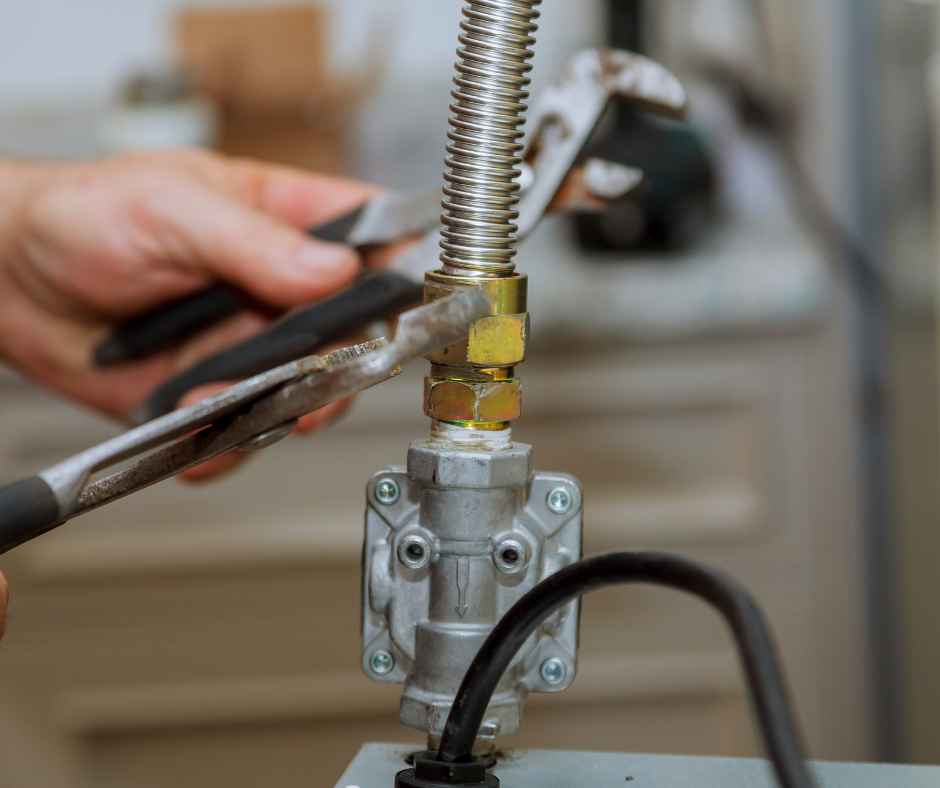
How To Tell If There’s a Gas Leak
May 9, 2024
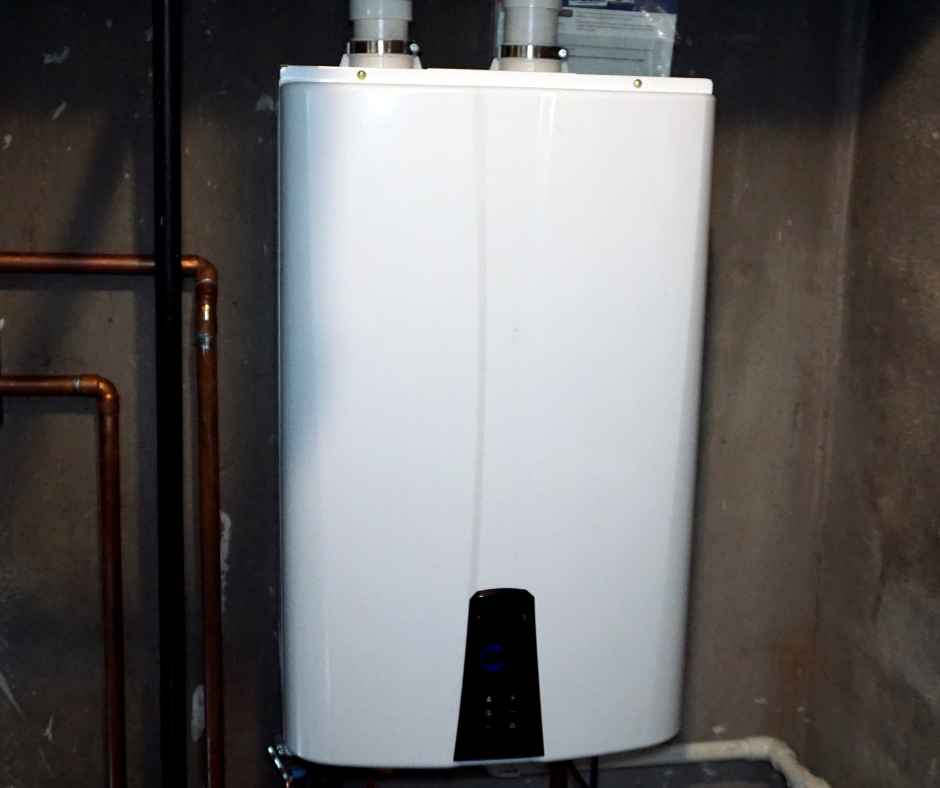
How Does a Tankless Water Heater Work?
April 9, 2024
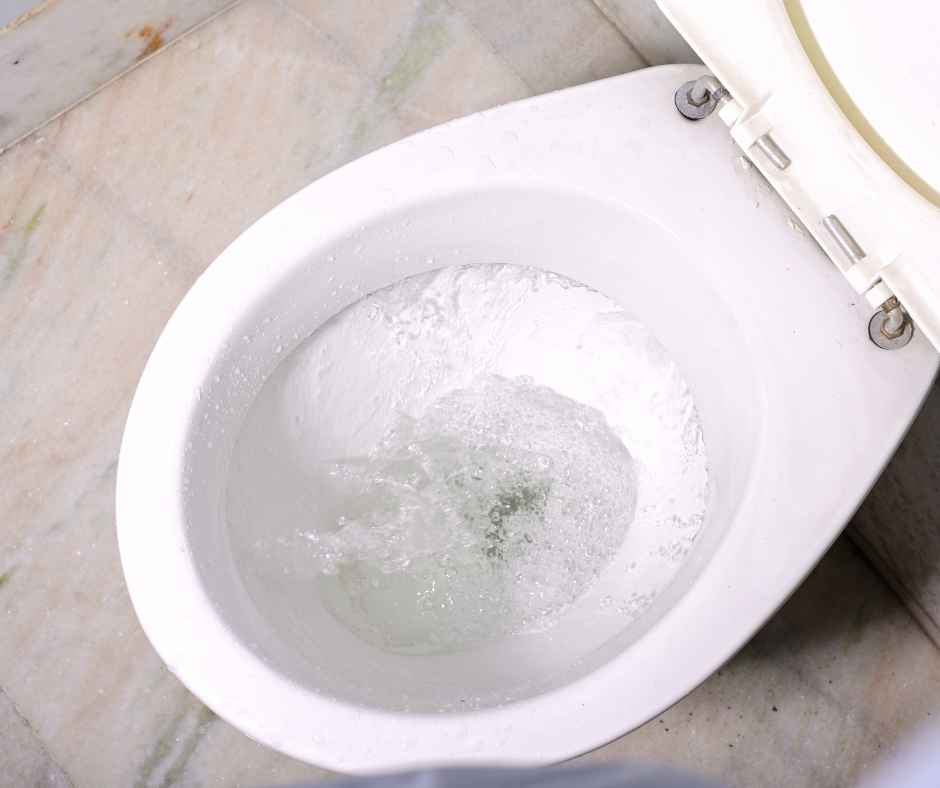
Why Does My Toilet Keep Running?
February 12, 2024
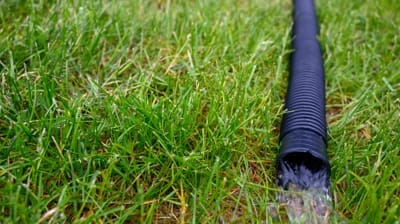
Preparing Your Plumbing for Summer: Tips for Renton, WA Homeowners
June 26, 2023
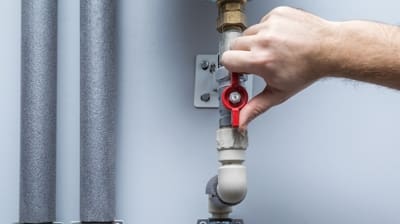
From Thawing to Blooming: How Spring Weather Affects Your Plumbing
April 26, 2023
